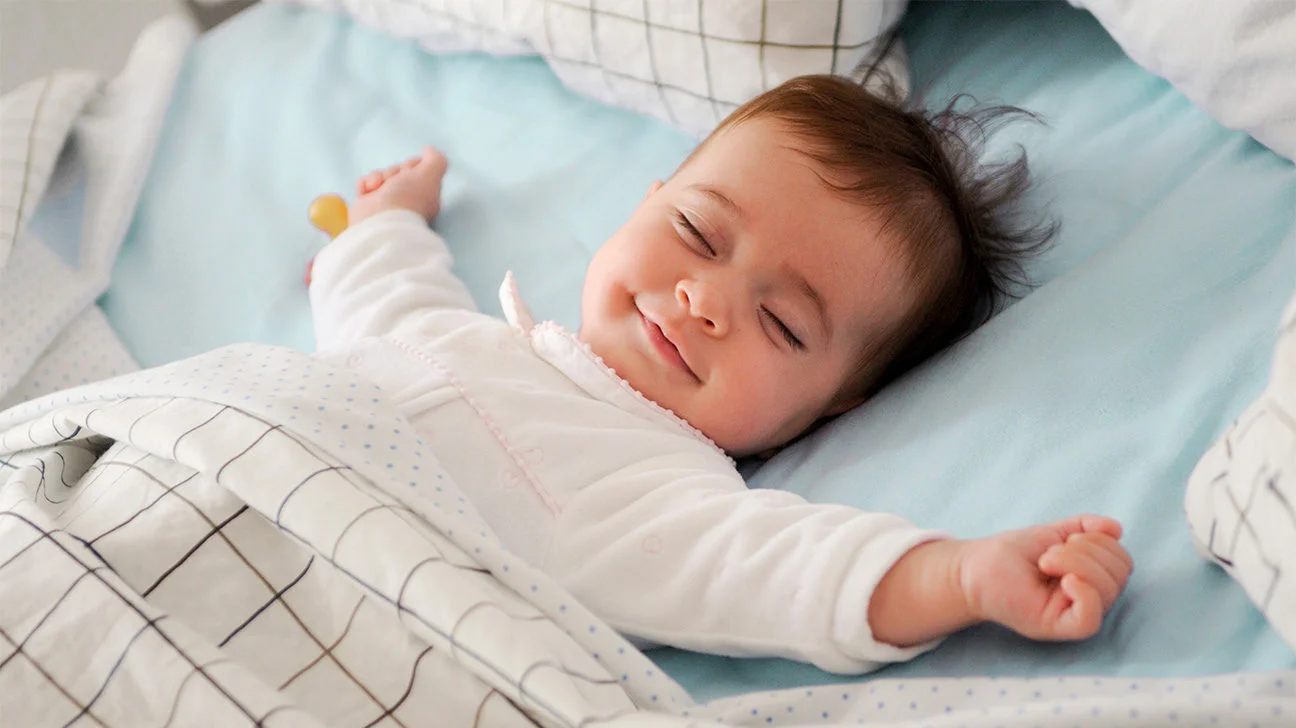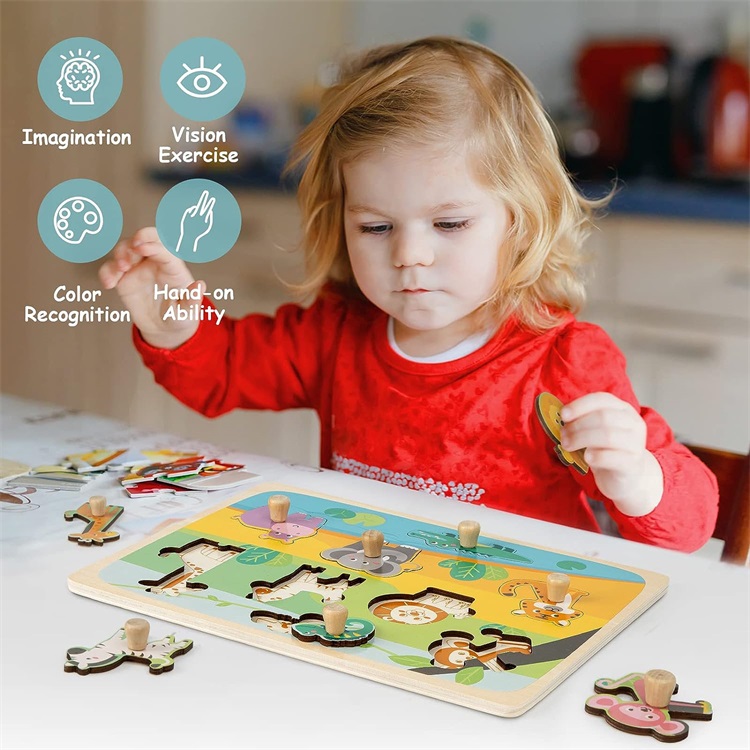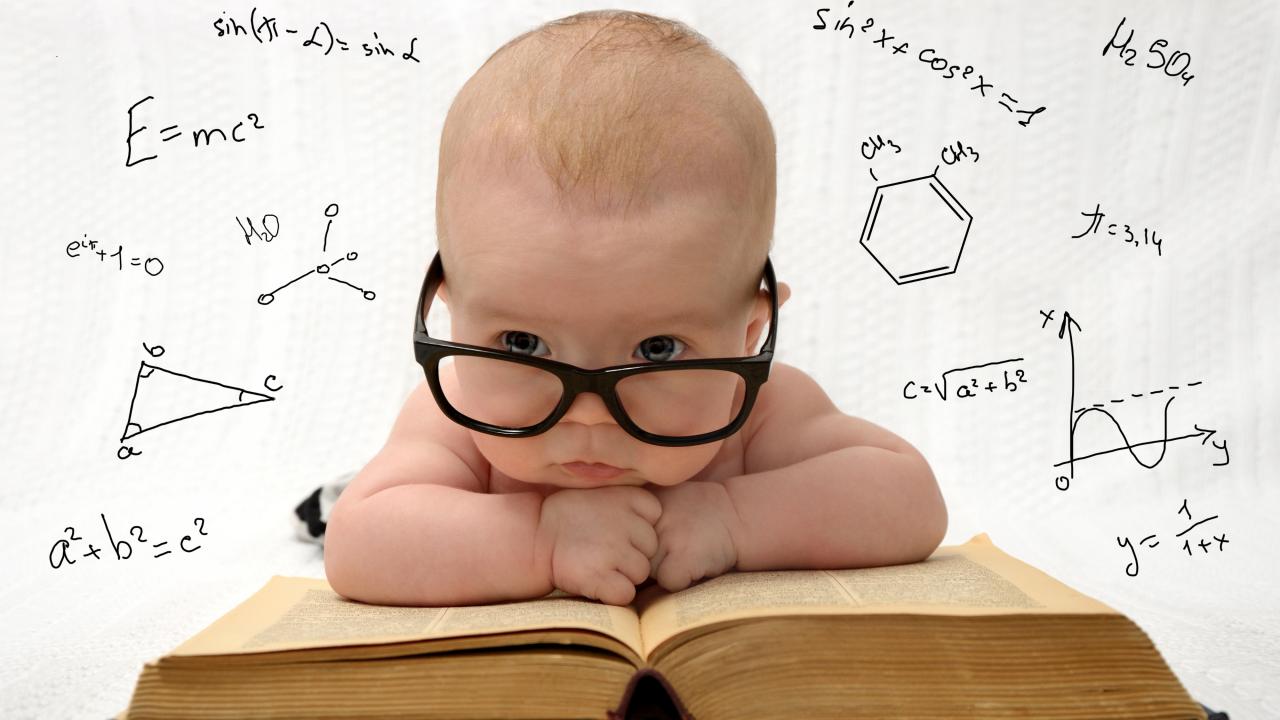The Power of Montessori Toys: Nurturing Independent Learning and Development
Introduction:
In recent years, Montessori education has gained significant popularity for its child-centered approach to learning. Central to this philosophy are Montessori toys, which play a crucial role in fostering independent learning and development in children. These carefully designed toys not only engage children in meaningful play but also promote essential skills such as concentration, problem-solving, and fine motor development. In this article, we will explore the principles behind Montessori toys and their benefits for children’s growth and learning.
What are Montessori Toys?
Montessori toys are educational materials inspired by the teachings of Maria Montessori, an Italian physician and educator. These toys are designed to encourage hands-on exploration, independence, and self-directed learning. Montessori believed that children learn best through active engagement with their environment, and these toys provide the tools for them to do so.
Characteristics of Montessori Toys:
Montessori toys possess several key characteristics that set them apart from traditional toys. They are often made from natural materials such as wood, metal, or fabric, promoting a connection with nature. They also tend to be simple in design, allowing children to focus on the specific skill or concept being taught. Additionally, Montessori toys are typically self-correcting, meaning that children can easily identify and correct their mistakes, fostering a sense of independence and self-confidence.
Benefits of Montessori Toys:
- Independent Learning: Montessori toys encourage children to explore and learn at their own pace. By providing open-ended play opportunities, these toys allow children to follow their interests and develop a sense of autonomy in their learning journey.
- Concentration and Focus: Montessori toys are designed to capture children’s attention and promote deep concentration. The simplicity of these toys helps children focus on the task at hand, enhancing their ability to concentrate for extended periods.
- Problem-Solving Skills: Many Montessori toys are designed to challenge children’s problem-solving abilities. By presenting them with puzzles, building blocks, or sorting activities, these toys stimulate critical thinking, logical reasoning, and spatial awareness.
- Fine Motor Development: Montessori toys often involve activities that require precise hand movements, such as threading beads or manipulating small objects. Engaging with these toys helps children refine their fine motor skills, improving hand-eye coordination and dexterity.
- Emotional and Social Development: Montessori toys promote independent play, allowing children to develop a sense of self and build confidence in their abilities. They also encourage cooperation and collaboration when used in group settings, fostering social skills and empathy.
- Incorporating Montessori Toys at Home and in Schools: Montessori toys can be easily incorporated into both home and school environments. Parents can create a Montessori-inspired play area at home, filled with open-ended toys that encourage exploration and learning. In schools, educators can integrate Montessori toys into their curriculum, providing children with hands-on experiences that complement their lessons.
Conclusion:
Montessori toys offer a unique approach to early childhood education, emphasizing independence, self-directed learning, and holistic development. By providing children with engaging, purposeful play experiences, these toys empower them to become active learners, problem solvers, and confident individuals. Whether at home or in schools, Montessori toys have the potential to shape children’s learning journeys and lay a strong foundation for their future success.
Post a Comment
You must be logged in to post a comment.






